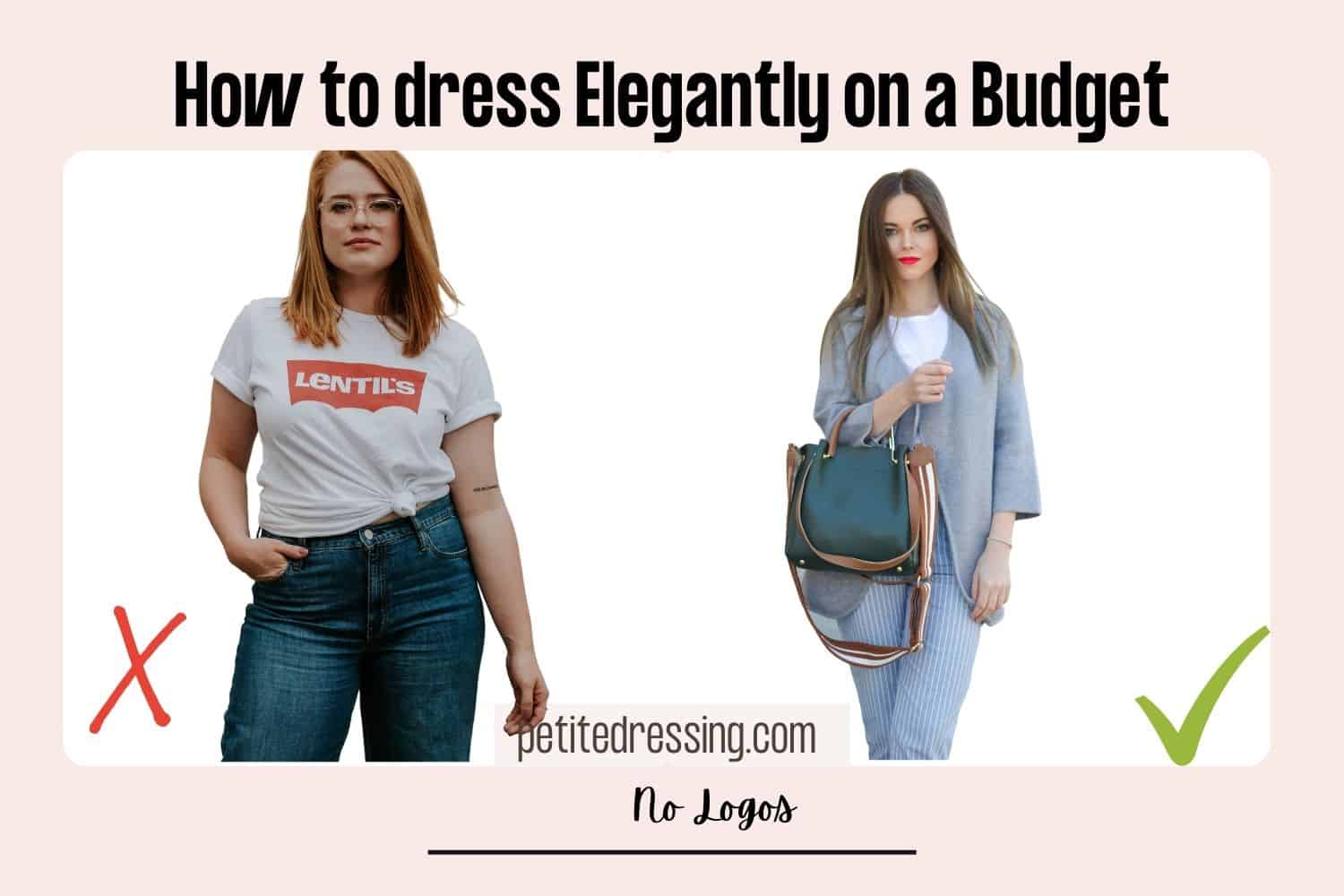Why Europeans Favor Modern Decor: Uncovering the Trend

Modern decor has become a hallmark of contemporary European living, transforming homes, offices, and public spaces with its clean lines, functional design, and minimalist aesthetic. But why do Europeans show such a strong preference for modern decor over other styles? Let's dive into the reasons behind this cultural preference and explore how it reflects broader societal values.
Historical Context and Cultural Shifts

European history is rich with various architectural and design movements, from the ornate Baroque to the opulent Rococo. However, the 20th century marked a significant shift with:
- Modernism: Emerging in the early 20th century, modernism sought to redefine art, architecture, and design through simplicity, geometric abstraction, and the rejection of ornamentation.
- Post-World War II Reconstruction: After the devastation of WWII, there was a need for quick, efficient, and affordable rebuilding, leading to widespread adoption of modern design principles.
- Economic Prosperity: With economic recovery, people could invest in new homes and furnishings, naturally gravitating towards designs that were both new and symbolic of progress.
Design Philosophy and Aesthetic Appreciation

At its core, modern design emphasizes:
- Functionality: The “form follows function” principle promotes items that are not only visually appealing but also highly practical.
- Simplicity: A move away from clutter and towards openness and ease of living.
- Connection with Nature: Incorporating natural elements or mimicking nature’s patterns in designs like the biophilic design trend.
Influence of Key European Designers

Several key figures have shaped the modern decor trend in Europe:
| Designer | Contribution |
|---|---|
| Le Corbusier | His “Five Points of Architecture” set the stage for modernist architecture with ideas like open floor plans. |
| Marcel Breuer | Known for his tubular steel furniture, merging functionality with industrial aesthetics. |
| Philippe Starck | Brought a playful yet minimalist approach to design, making it accessible to the masses. |

The European Lifestyle Influence

Modern decor aligns with European lifestyle choices:
- Urban Living: Space-saving solutions and efficient use of space are critical in densely populated cities like Paris or Stockholm.
- Work-Life Balance: Minimalist spaces reduce visual noise, contributing to mental clarity and relaxation.
- Global Exposure: The EU’s integration and global travel trends expose Europeans to a variety of cultures, encouraging a more universal design language.
Sustainability and Eco-Consciousness

With growing environmental concerns, modern design’s:
- Use of Sustainable Materials: Preference for natural, recycled, or upcycled materials reflects a commitment to sustainability.
- Energy Efficiency: Designs often incorporate energy-saving features, reducing waste and the ecological footprint.
- Longevity and Quality: A focus on timeless pieces that require less frequent replacement supports a sustainable lifestyle.
Summing It Up

Modern decor in Europe isn’t just about following a trend; it’s a reflection of a collective history, societal values, and a forward-thinking mindset. This design preference transcends mere aesthetics, encapsulating a way of life that values functionality, sustainability, and cultural amalgamation. Europeans have embraced modern decor not just as a style choice but as an integral part of their living culture, where each element is thoughtfully chosen to enhance daily life while respecting the planet.
What makes modern decor different from other styles?

+
Modern decor is distinguished by its minimalist approach, focusing on clean lines, functionality, and the absence of unnecessary ornamentation, setting it apart from more decorative or traditional styles.
How does modern decor align with European values?

+
Modern decor aligns with European values of functionality, openness, cultural integration, and sustainability, embodying a lifestyle that is forward-thinking and globally conscious.
Are there any famous modern designers from Europe?

+
Yes, some renowned modern European designers include Le Corbusier, Marcel Breuer, and Philippe Starck, each contributing significantly to the evolution of modern design.
Can modern decor be considered eco-friendly?

+
Yes, modern decor often emphasizes the use of sustainable materials, energy efficiency, and longevity, aligning well with eco-conscious values.
How can someone transition to a modern decor style in their home?

+
Begin by decluttering, choosing furniture with clean lines and neutral colors, incorporating functional art, and using space-efficient solutions to create a minimalist, modern space.


